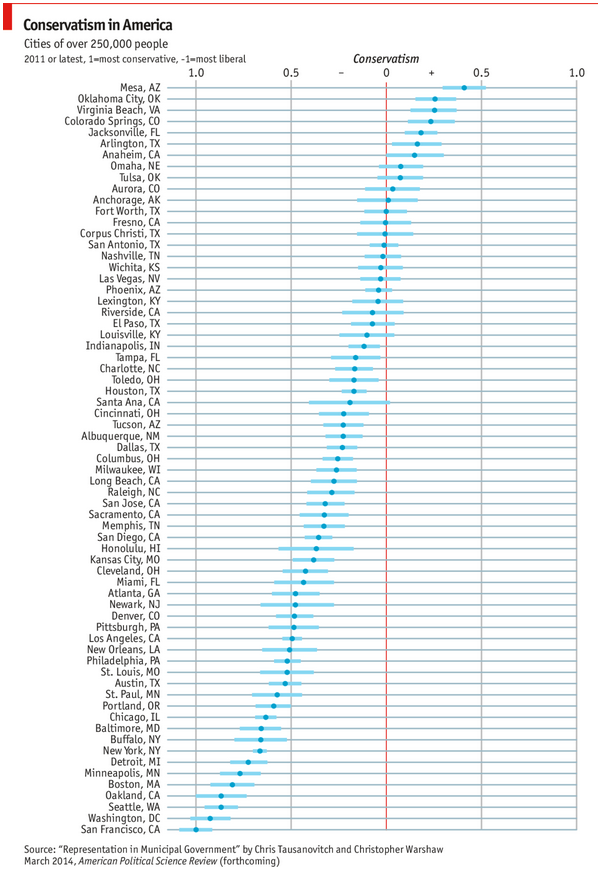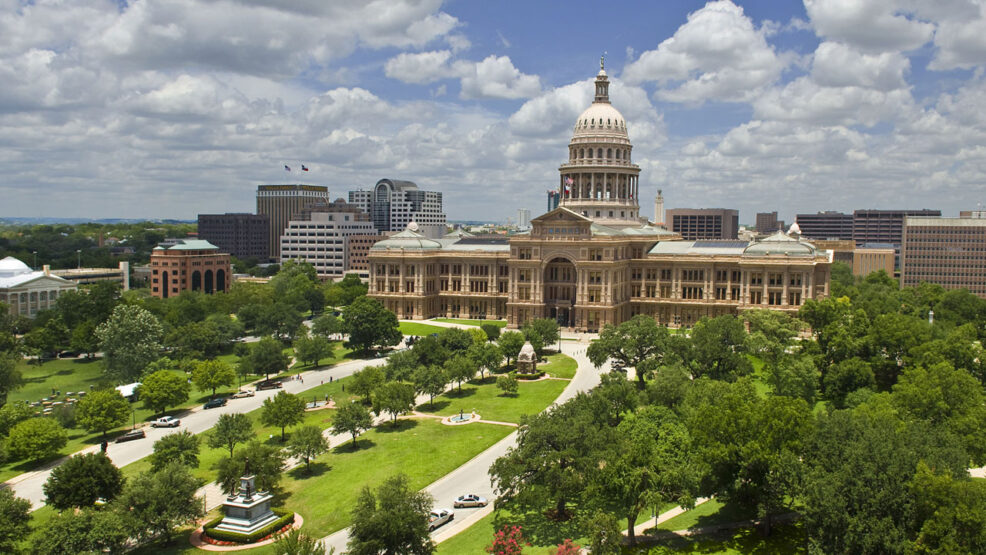Key Takeaways
- State Overrides Local Policies: State intervention frequently nullifies Austin’s progressive efforts.
- Reversed Police Budget Cuts: State laws forced Austin to restore police funding after 2020 cuts.
- Blocked Abortion Policies: State laws halted Austin’s attempts to deprioritize abortion enforcement.
- BLM Protest Legal Conflicts: The DA’s actions during the 2020 BLM protests led to significant legal clashes.
- Liberal Reputation Questioned: Austin’s progressive policies often fail, suggesting its liberal image may be overstated.
Is Austin Really Liberal? Unraveling the Myth
The popular notion that Austin, Texas, is a bastion of liberalism might be more myth than reality. If the city’s progressive initiatives are persistently thwarted by state intervention, can Austin genuinely be considered a liberal stronghold? Let’s delve into three prominent instances where the state’s actions have overridden Austin’s progressive ambitions, casting doubt on its liberal reputation. In this article, we’ll examine three notable instances where Austin’s attempts to implement progressive policies were stymied by state intervention. See detailed discussion here.
First Instance: Defunding the Police
In 2020, Austin made headlines by significantly reducing its police budget, slashing it from $434 million to $292 million. While the city insisted this was a reallocation rather than a cut, the move redirected $121 million into new funds aimed at decoupling police functions and reimagining public safety. This reduction led to the elimination of overtime and the cancellation of cadet classes, even as Austin’s population continued to grow. Consequently, the number of active police officers dwindled, prompting the Austin Police Department to recommend using 311 instead of 911 for non-urgent crime reports.
This unprecedented shift did not sit well with Governor Greg Abbott. He dispatched Department of Public Safety (DPS) officers to assist with patrols and pushed through legislation that penalized cities reducing police funding by freezing their property tax revenues. To avoid these penalties, Austin had to restore its police budget, resulting in the 2022 budget that surpasses 2020 levels and increasing annually since then.

A study set to be published in the American Political Science Review by researchers from MIT and UCLA analyzed data from seven major opinion surveys conducted between 2000 and 2011. Representation in Municipal Government
Second Instance: Enforcing the Abortion Ban
Following the Supreme Court’s decision to overturn Roe v. Wade, the power to regulate abortions reverted to individual states. Texas was swift to implement one of the strictest abortion bans in the country. However, the Travis County District Attorney publicly declared he would not enforce these laws, creating a significant conflict between local and state authorities. In response, Austin introduced the GRACE Act, which aimed to deprioritize the investigation of abortion-related cases and prevent city funds from being used for such investigations.
The state’s countermeasure came in the form of House Bill 2127, which barred local governments from enacting any ordinances or regulations exceeding state laws. This effectively nullified Austin’s attempts to mitigate the impact of the state’s abortion ban. Despite promises from local officials, medical providers in Austin refrained from performing abortions due to the severe penalties, including hefty fines and the potential loss of medical licenses.
The political ramifications were profound, leading to a petition for the removal of the Travis County DA. This ongoing saga underscores the limited success of Austin’s progressive policies in the face of state opposition.
Third Instance: Handling of BLM Protests and Related Legal Actions
The Black Lives Matter protests of 2020, sparked by the death of George Floyd, brought significant unrest to Austin. Protesters clashed with police outside the downtown station and blocked traffic on I-35. Reports of projectiles and Molotov cocktails hurled at officers led to the use of tear gas and non-lethal bean bags, resulting in injuries. The Travis County DA chose not to press charges against the 57 arrested protesters but instead pursued charges against 21 officers for excessive force. Most charges were eventually dropped, with one case ending in a mistrial.
The DA’s next target was Daniel Perry, a ride-share driver who, during a protest, shot a demonstrator allegedly pointing a rifle at him. Despite Texas’s robust stand-your-ground laws, Perry was convicted and sentenced to 25 years in prison. However, this conviction was short-lived as Governor Abbott issued a full pardon, marking another setback for Austin’s liberal advocates.
Reflection on Austin’s Political Climate
The persistent intervention by state authorities in Austin’s local affairs raises significant questions about the city’s liberal identity. While Austin’s headlines might suggest a progressive haven, the reality is that these policies often fail to materialize or are swiftly overturned. Is Austin truly a liberal city, or is its liberal image merely a façade? Share your thoughts in the comments below, and don’t forget to subscribe to stay updated with our latest content.
More Valuable Insights
The political landscape of Austin is a complex subject. The following resources offer an array of insights into the Austin political landscape. One thing they all agree on is that past stereotypes are obsolete. To see academically derived graphs of Austin’s political characteristics compared to other cities, look at page 54 and page 55 of the following article: Representation in Municipal Government
The Astonishing Transformation of Austin
The New Yorker article “The Astonishing Transformation of Austin” explores Austin’s rapid growth and cultural evolution. It details how the city has become a tech hub, attracting companies like Tesla and Oracle, which has brought economic prosperity but also challenges like rising housing costs and gentrification. The article highlights the tension between Austin’s progressive values and the conservative political climate of Texas, examining how these dynamics shape the city’s identity and future.
The article discusses the trend of people leaving Austin, Texas, due to the state’s increasingly conservative policies. Despite Austin’s reputation as a liberal enclave, the broader political climate of Texas, including strict abortion laws, limited LGBTQ+ rights, and a general shift towards conservative governance, has led some residents to relocate to more progressive states. This exodus highlights the tension between Austin’s local liberal culture and the conservative dominance at the state level, prompting some to seek environments more aligned with their political and social values.
Austin, TX, is recognized for its liberal political climate, with a strong Democratic leaning in recent elections. In Travis County, 71.4% of voters supported the Democratic candidate in the last presidential election, compared to 26.4% for the Republican candidate. This trend has been consistent over the past five presidential elections. The city’s local governance is led by a ten-member City Council, and state representation includes several legislators in the Texas House and Senate, ensuring Austin’s interests are represented at multiple government levels.
The City-Data forum thread discusses the perception of Austin as a liberal city, focusing on the contrast between its progressive local policies and the conservative state governance of Texas. Participants debate whether Austin’s liberal identity is overshadowed by state interventions that often nullify local progressive initiatives. The conversation reflects the broader tension between Austin’s local liberal culture and the conservative political landscape of Texas, with forum users sharing personal experiences and opinions on living in Austin under these conditions.
Turns Out Austin Is More Liberal Than San Francisco
A study by SmartAsset has ranked Austin, Texas, as the second-best city for liberals in the U.S., surpassing even San Francisco. Factors considered include local economy, cost of living, population growth, education, and political ideology. Austin boasts a high education level and strong economy, with a significant liberal ideology score. Despite perceptions of high living costs, Austin’s affordability ranks favorably among the top liberal cities. This distinction highlights Austin’s unique position as a liberal enclave within the conservative state of Texas.

